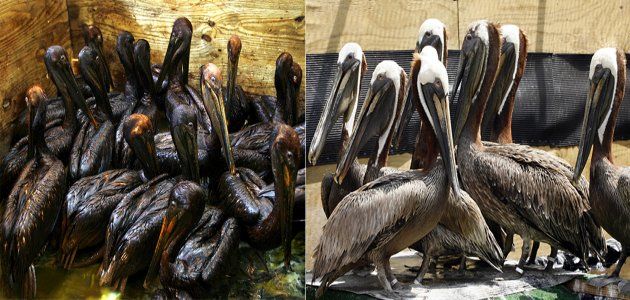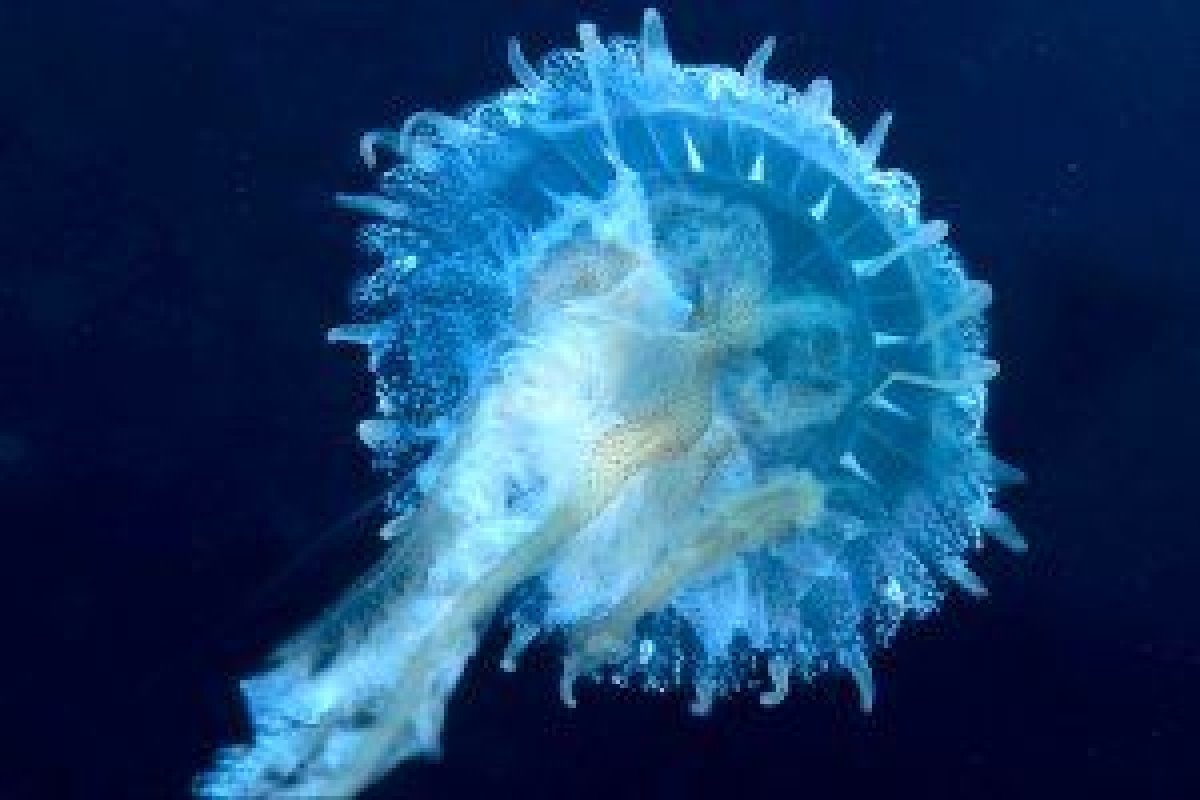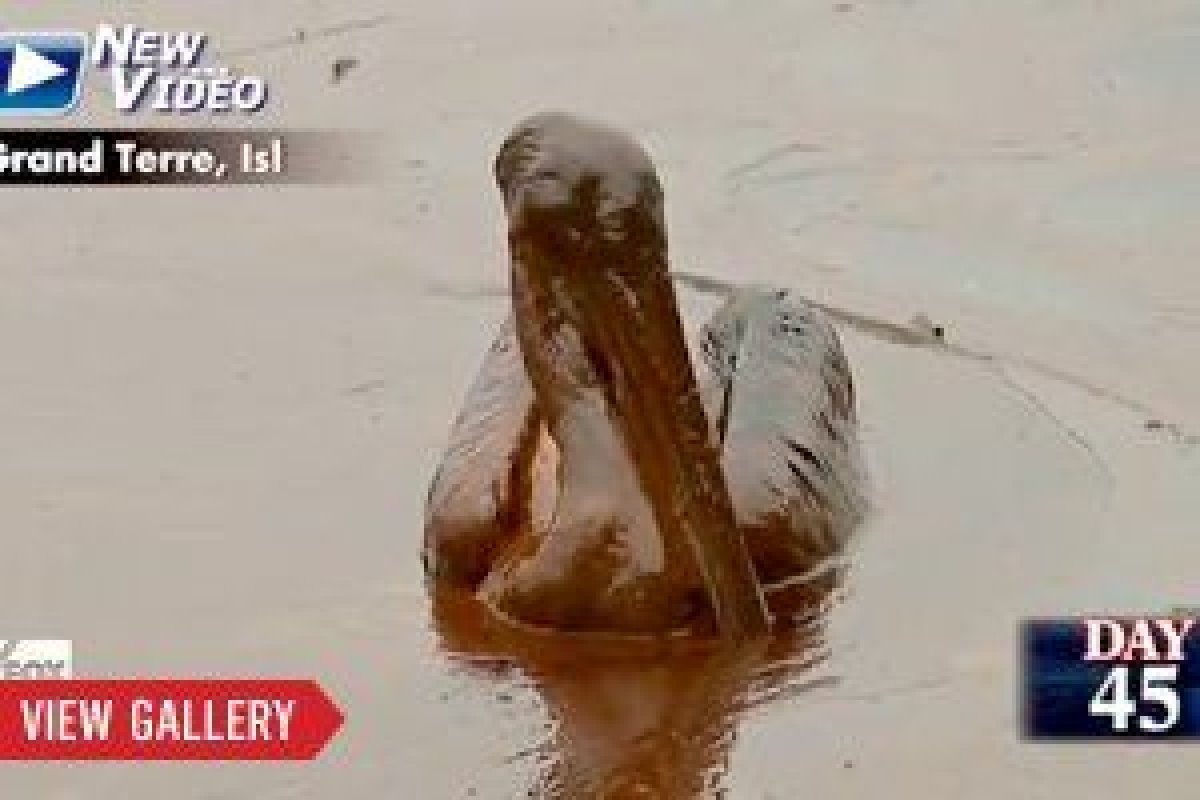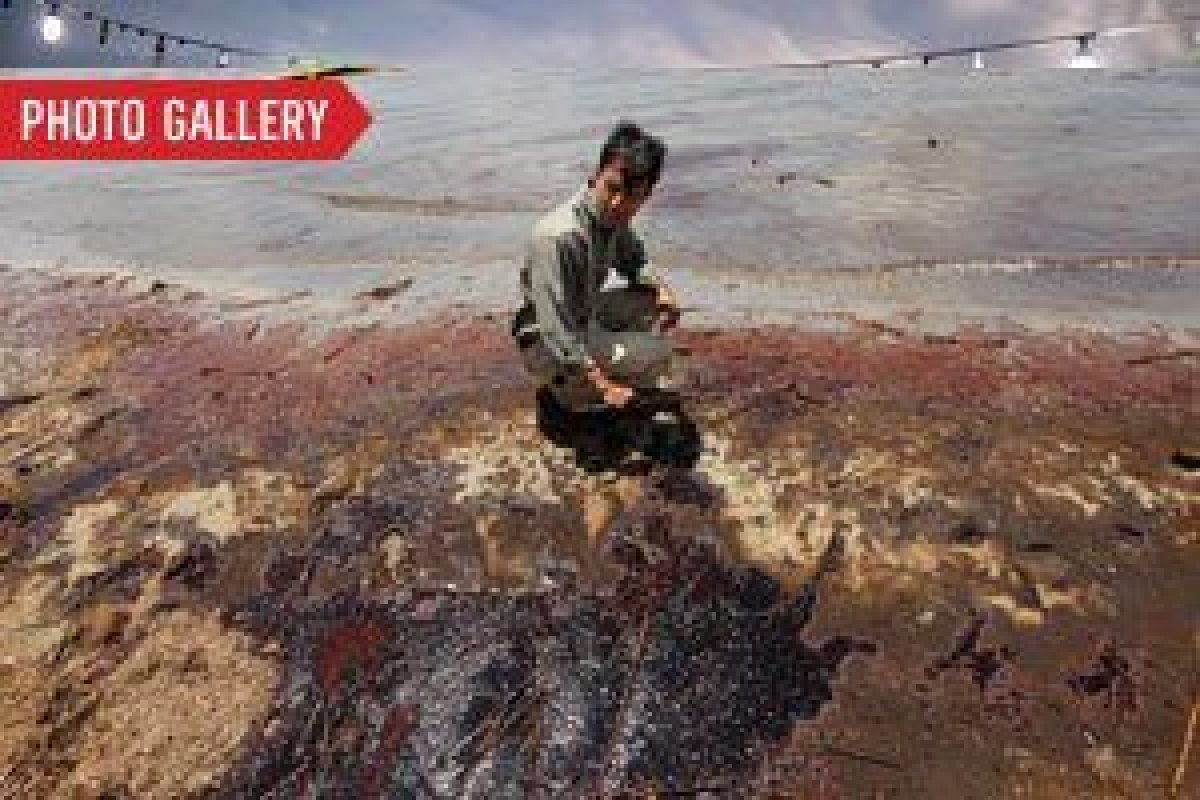
So far, the numbers have been small. As of June 6, rescue workers had collected 820 birds and 289 turtles from the Gulf of Mexico oil spill, the majority of them already dead. But the current spill promises to be the largest in U.S. history, and as cleanup efforts stretch across the summer, it's clear that more oiled birds will be found, stuck and suffering in black goo. And as they do with every oil spill, rescue workers will go to great lengths to capture and clean the survivors hoping to restore them to their natural habitat.
Is it worth the effort? Some scientists aren't so sure. Because the stress of being captured and bathed is as significant as the trauma of being doused in oil, and because research suggests that many rescued birds die shortly after being released, some experts say euthanasia is a more humane option. "It might make us feel better to clean them up and send them back out," says Daniel Anderson, an ornithologist at the University of California, Davis. "But there's a real question of how much it actually does for the birds, aside from prolong their suffering."
Clean bird feathers repel water and regulate body temperature—dirty ones don't. Oil in particular makes feathers heavier and diminishes their ability to trap air, which in turn makes birds less buoyant and more vulnerable to drowning. They are also more vulnerable to overheating (oiled feathers are less insulative), and organ damage (licking their feathers clean forces birds to ingest lethal quantities of black gooey hydrocarbons).
(Oiled mammals suffer many of the same stresses as birds, including habitat loss, disregulated body temperature, and organ damage. They are also more vulnerable to viruses and bacteria that humans carry; sea turtles have their own vulnerabilities, but because all sea turtles are endangered, most scientists agree that it's worth the effort to try and save as many as possible.)

Of course, being captured and cleaned is no picnic either. Some birds wind up returning to their destroyed habitats only to fall victim to the oil again. And those who manage to avoid a second oil bath suffer dramatically shortened life spans and lower reproductive success. Of the thousands of birds that were rescued from the Prestige oil spill off the coast of Spain in 2002, only 600 were released into the wild; most of the rest died after just a few days in captivity.
To be sure, survival rates vary widely by species, and not all species fare poorly. For example, South African penguins often go on to live long lives and breed well after being rescued from an oil spill. But species endemic to the gulf region, including the brown pelican, which was just removed from the Endangered Species List last year, remain among the most difficult to save. More than half the pelicans rescued from the American Trader spill in 1990 died within a year; fewer than 15 percent lasted two years.
Bird rescuers say they have learned a lot since then about how to best help oil-soaked birds, and that therefore, survival rates stand to increase this time around. "The rescue operations have gotten more sophisticated year by year," says Michael Fry, an ornithologist with the American Bird Conservancy. In the past, birds were cleaned right away, and volunteers often worked through the night bathing rescued birds. But, as research has since shown, the stress of capture and cleaning can be profoundly deleterious to a bird's health—knocking hormones out of balance and exacerbating organ damage. So now, captured birds are left to rest for a day or two before being cleaned, and only washed during the day, so as not to disrupt their circadian rhythms.

According to the International Bird Rescue Research Center (IBRRC), a nonprofit rescue operation that has responded to some 200 oil spills around the world, these protocol tweaks have dramatically increased the proportion of birds who make it from rescue to release—from 5 percent to 80 percent for some species.
But part of that increase may be due to greater selectivity on the part of rescuers. "They do blood tests right in the field now," says Fry. "And birds that are loaded with hydrocarbons or don't look like they're going to make it are put down right away, rather than subjected to the stress of captivity and cleaning."
And so far, while release rates may be improving, there is little evidence of better medium or long-term survival, especially for the more-difficult-to-save species. "They say they are getting better results, but I haven't seen any data," says Anderson. "And while the husbandry methods are better, there still aren't good biomedical protocols, for repairing the internal organ damage." Rescue workers have taken to giving Pepto-Bismol to afflicted birds, to help them absorb ingested hyrdrocarbons, but its unclear how much this actually helps.

On one point, experts do agree: the best way to save birds is to prevent them from being doused in oil to begin with. After the Exxon Valdez spill, a wildlife-care network, established by Congress and funded by oil-company taxes, began mapping all of the country's "sensitive areas" (those vulnerable to significant wildlife casualties from prospective oil spills). The network has since established a system where protective booms and trained responders are rapidly deployed in the wake of a spill. For the current gulf oil spill, Fry says, responders were mobilized and facilities were ready on the day of the explosion. "Of course, when you have a spill the size of Connecticut, and the oil company's containment efforts fail miserably," he adds, "that preparedness is going to be of limited value."
At any rate, rescue efforts will continue, in large part because the public demands that they do. "Without an organized response, members of the public will try to care for oiled wildlife on their own," says Florina Tseng, a veterinarian and bird rescue expert at Tufts University. "We've seen this over and over. And as well-intentioned as they are, they have no knowledge of proper wildlife care." Tseng says that while concrete figures are hard to come by, the cost of rescue and rehabilitation efforts are a tiny sliver of the total clean-up costs, and thanks to the Oil Spill Act of 1990, are the legal responsibility of the offending oil company.
"I think for some species it makes more sense to euthanize," says Anderson. "But that's a difficult thing to do, especially for people who have built their lives around saving animals."
Uncommon Knowledge
Newsweek is committed to challenging conventional wisdom and finding connections in the search for common ground.
Newsweek is committed to challenging conventional wisdom and finding connections in the search for common ground.
About the writer
To read how Newsweek uses AI as a newsroom tool, Click here.








